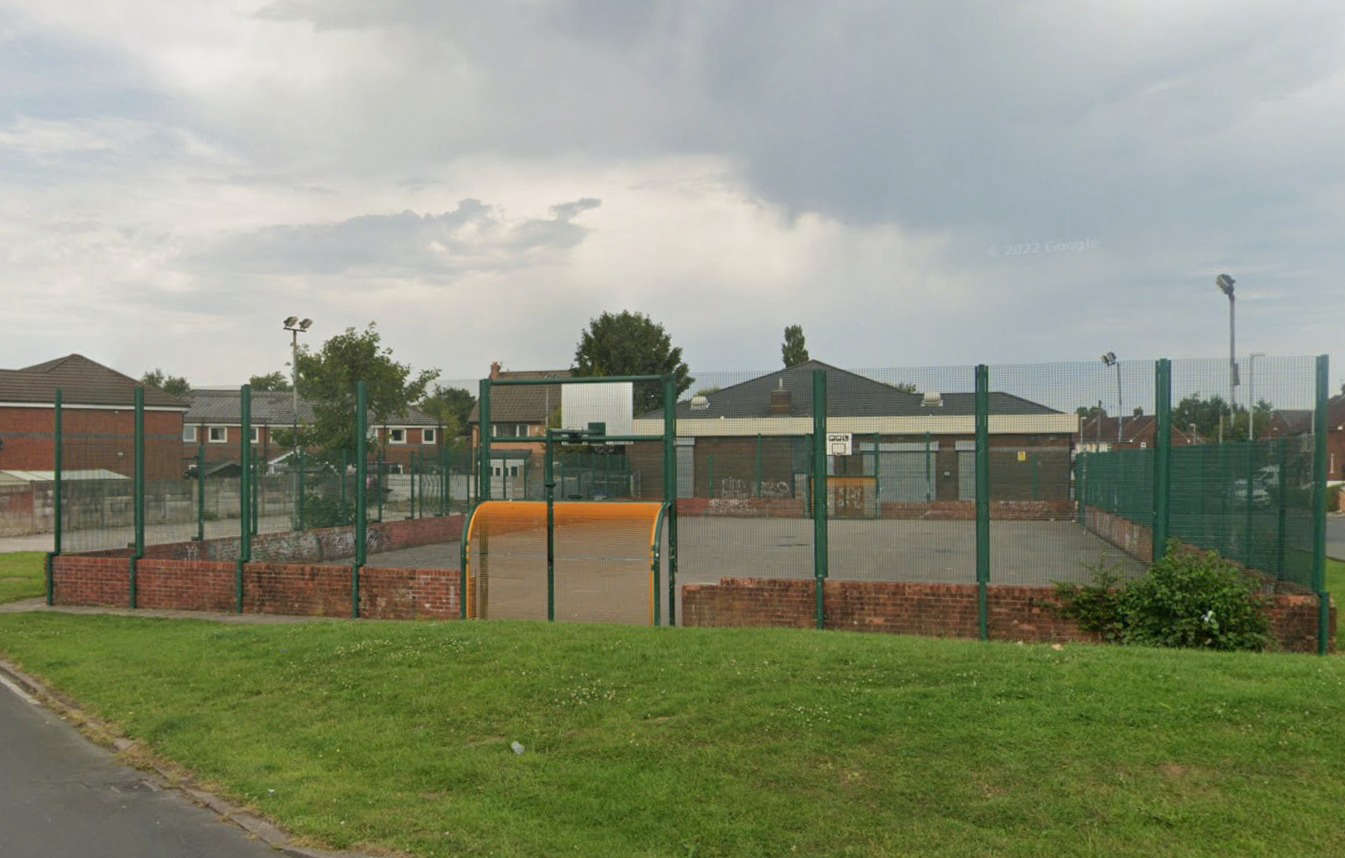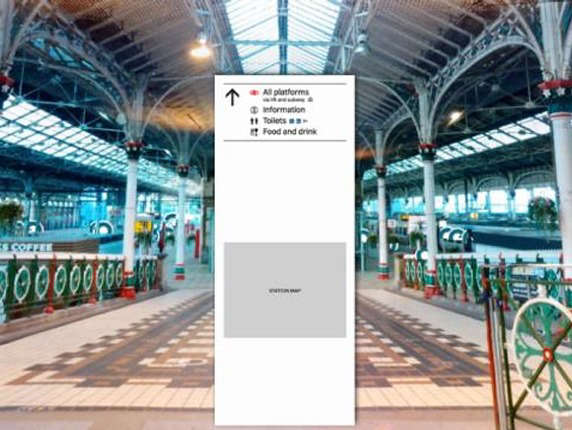
A new method of filling in potholes on Lancashire’s roads has proven so quick and successful that it has enabled a backlog of repairs to be reduced sooner than expected – and should help them last longer.
Lancashire County Council began trialling the process – which aims to prevent potholes from reappearing – earlier this year. The technique, involving the use of recycled tyres, was deployed followed a wetter than usual winter which the authority blamed for a huge increase in highway defects.
As the Local Democracy Reporting Service revealed in March, the number of potholes in the county council area was on course to hit a record 105,000 within the space of a year at the rate new carriageway craters were then emerging and being repaired.
However, the innovative new approach since rolled out by roads bosses over the summer helped the backlog return to what a cabinet report described as “usual levels” – ahead of a September target for doing so.
In the first seven months of this year, more than 83,500 pothole repairs were carried out across the county council patch – which excludes Blackpool and Blackburn with Darwen – a 56 percent increase on the same period last year.
The use of the ‘Elastomac mastic asphalt’ technique was said to be “instrumental” in exceeding the target the authority had set for itself.
The warm rubber-based material used as part of the process waterproofs the area surrounding the filled-in hole – removing the risk of fresh water seeping beneath the surface and causing it to open up again – and so ensuring a longer-lasting fix.
Cabinet members have now agreed to waive the usual rules for awarding to contracts in order to ensure the technology can continue to be used on the county’s roads ahead of the coming colder and wetter months until a permanent arrangement can be put in place.
“Without the continued use of this innovative system in advance of winter, there is a risk that a similar deterioration [in highway condition] could be expected [this year],” the cabinet report stated.
“An important side-effect of this type of repair is the prevention of future defects in the local area surrounding the original [one], which is expected to minimise the impact on defect numbers in future winters,” it added.
Cabinet member for highways and transport Rupert Swarbrick told the meeting at which the contract decision was taken: “It’s very good value for money – it’s done the job that we asked it do over over the summer to catch up and we’re at that point where we need to secure a supply…to enable us to be as efficient and save as much money as we did. ..in the trial period.”
He added that the authority’s highways officers were “industry experts on all these new innovations” and would ensure Lancashire remained “right at the forefront” of the latest road-repair techniques.
Labour opposition group leader Matthew Tomlinson welcomed the success of the trial.
“It’s been clear…that we can’t just carry on doing what we’ve been doing for years around potholes, because the roads are in such a poor state. We should be investigating any and all new technologies that can help us repair potholes quicker…and cheaper,” County Cllr Tomlinson said.
However, he sought “reassurance” about the pollutant potential of the process, adding: “If what we’re using to fill the potholes is worn tyres, [we want to be sure] that we won’t be getting car tyres running on old car tyres – and doubling up the particles that are in the atmosphere.”
Galvmac Limited, the company behind the technology, claims it has an 83 percent lower carbon footprint than use of traditional road-repair materials.
Meanwhile, the removal of the need for roadworkers to use power tools, as they would in other types of pothole repair, also eliminates the risk of them suffering from developing the debilitating hand-arm vibration syndrome.
The cabinet was told there are currently “no alternative contractors” to Galvmac who are able to deliver the repair work required in Lancashire at the scale needed before winter bites. For that reason, the company will be handed a directly-awarded contract worth £300,000.
In future, the procurement of the necessary materials will be incorporated into a wider highway repair contract which includes the other types of pothole filling processes used by the authority.

 Lancashire Police issue warning to light fingered festive felons
Lancashire Police issue warning to light fingered festive felons
 Games area on Preston estate set for upgrade
Games area on Preston estate set for upgrade
 Cyclist left with life-threatening injuries following collision in Preston
Cyclist left with life-threatening injuries following collision in Preston
 Beloved Preston Market book stall closes after 34 years as trade hits historic low
Beloved Preston Market book stall closes after 34 years as trade hits historic low
 Solar farm approved on Fylde / Preston border
Solar farm approved on Fylde / Preston border
 NHS in Lancashire urges patients and visitors to help curb spread of flu
NHS in Lancashire urges patients and visitors to help curb spread of flu
 Preston station’s new look
Preston station’s new look
 Lancashire’s £24m funding boost for cycle and walking schemes
Lancashire’s £24m funding boost for cycle and walking schemes








